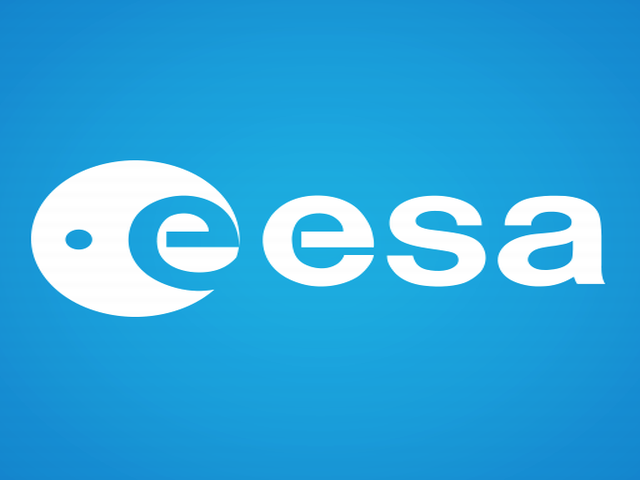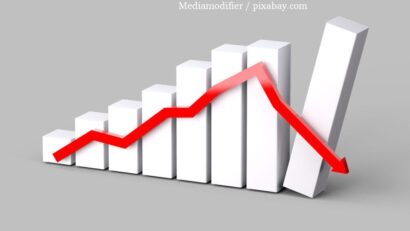Waste Management in Space
The European Space Agency made, at the end of last year, a first step towards cleaning up the space.

Corina Cristea, 06.08.2021, 14:00
The European Space Agency (ESA) made, at the end of last year, a first step towards cleaning up the space. It signed a service contract with the Swiss start-up ClearSpace, to launch the first space mission to remove an item of debris from the Earth s orbit, planned for launch in 2025. The mission has a budget of 100 million euros, of which 86 million secured by the ESA. The ClearSpace-1 mission will target the Vespa (Vega Secondary Payload Adapter) upper stage left in an approximately 800 km by 660 km altitude orbit after the second flight of ESA’s Vega launcher back in 2013. With a mass of 100 kg, the Vespa is similar in size to a small satellite, while its relatively simple shape and sturdy construction make it a suitable first goal, before progressing to larger, more challenging captures by follow-up missions — eventually including multi-object capture.
The space debris issue is more pressing than ever before. Today we have nearly 2000 live satellites in space and more than 3000 failed ones, while collisions between items generate fresh debris in a cascade effect. Unless removed, the next generations may no longer be able to launch telecommunication or weather satellites, for instance. Also, an increasing number of satellites are being launched and when they no longer work they risk colliding, engineers with Airbus Defense and Space explain. Their collision generates new debris that can cause huge damage. So, removing large debris is an emergency for space agencies across the world.
It is estimated that after six decades of activity in space and over 5,500 launches, some 23 thousand large objects gravitate around the Earth, like a cloud of debris. If we talk about fragments bigger than 1 centimeter, there are hundreds of thousands of them. There are all sorts of objects on the orbit, even a screwdriver lost by an astronaut, said Luisa Innocenti, head of the CleanSpace office with the European Space Agency. She explained that, by gravitating at speeds of more than 28 thousand kilometers an hour, the equivalent of traveling from Paris to Marseille in three minutes, these debris risk colliding, which can destroy operational satellites and their services(meteorology, GPS, Earth monitoring) and generate new debris, triggering a chain reaction, known as the Kessler Syndrome.
Irina Stefanescu, a scientific researcher with the Romanian Space Agency, talked on Radio Romania about all these risks: “To people, these debris are a threat due to their potential effects on telecommunication satellites. We can be left without TV programs and mobile phones, which we are so dependent on. Such an object, even small in size, travels in space at very high speeds, of thousands of kilometers per second, so it can cover huge distances in a very short time. This means it also has great kinetic energy, and it can easily destroy any manmade object used at present. I am not thinking only about the operational satellites, but also about the International Space Station, which has astronauts on board all the time, whose lives are threatened by such debris. “
According to Irina Stefanescu, the ClearSpace Mission is delicate. The new device will have to observe the movement of the Vespa adaptor first, which cannot be monitored from the Earth, to then grab it with its four robotic arms. Once captured, Vespa will be removed from the orbit, then will disintegrate into the atmosphere together with its clearing device. In the future, ClearSpace engineers plan to remove from the orbit bigger debris as well. According to Rolf Densing, an operation director with the ESA, the space debris issue will become more serious with the planned launch of a constellation of tens of thousands of small satellites by SpaceX, OneWeb and Blue Origin. Researcher Irina Stefanescu explains: “As the space around the Earth gets crowded with objects such as the satellites recently launched by Elon Musk s company, this threat is even more present. Orbits must be thoroughly researched and corrections must be made because these objects can deviate from the orbit and need corrections to be kept there, and this is the role of the control and command centers on Earth. “
The European Centre for space operations receives hundreds of warnings of collision dangers every day. Measures are taken to prevent collisions, but they are very expensive and also disturb the activities of satellites for a number of days.






























